Breaking the Chains: Genre Constraints for Black Musicians in the Industry
The music industry has long been a space where artists express themselves through diverse genres and innovative sounds. However, a pervasive issue persists the genre constraints disproportionately placed on Black musicians.
Despite the immense talent and creativity that Black artists bring to the table, they often find themselves confined to specific genres such as rap, urban, or R&B, limiting the scope of their artistry and perpetuating stereotypes.
This prejudice phenomenon is not only restrictive but also contributes to a skewed representation of Black musical expression.

Picture courtesy of NPR
One glaring example of this issue is Pitchfork‘s labeling of André 3000’s latest album, New Blue Sun. Despite being an instrumental flute album with no spoken word, Pitchfork has labeled the album as both rap and experimental. While André 3000 is known for being one half of the acclaimed rap duo OutKast, he wanted to make it clear that this album is not a rap album and did not want his rap fans to feel deceived.
In an exclusive interview with NPR Music’s Rodney Carmichael, André states:
“I don’t want to troll people. I don’t want people to think, ‘Oh, this André 3000 album is coming!’ And you play it, and like, ‘Oh man, no verses.’ So, even actually on the packaging, you’ll see it says, ‘Warning: no bars.’ It’s letting you know what it is off the top.”
André openly acknowledges that fans might be disappointed, considering it’s his first full-length release in 17 years. He is mindful of his rap roots and how he’s primarily seen as a rapper but creatively, rap isn’t his current focus.
“I love rap music because it was a part of my youth. So, I would love to be out here with everybody rapping, because it’s almost like fun and being on the playground. I would love to be out here playing with everybody, but it’s just not happening for me. This is the realest thing that’s coming right now. Not to say that I would never do it again, but those are not the things that are coming right now. And I have to present what’s given to me at the time.”
So, why would Pitchfork attach the rap genre to an album that contains no rapping? This highlights a tendency to categorize Black artists into predefined boxes based on their race rather than their artistic content. By pigeonholing André 3000‘s work into the rap genre, there is a failure to appreciate the true breadth and depth of his creative exploration.
When Taylor Swift declared she was ‘going pop’ with her acclaimed album 1989, no one resisted calling it pop and unjustifiably labeled it country just because ‘country’ was the genre she was previously known for. When Gwen Stefani went solo and decided to make pop music after leaving No Doubt, no one was calling her solo music alternative, rock, or reggae solely because those were the genres she was most known for in the past.
So, why is André 3000 not awarded the same level of understanding as his white peers?
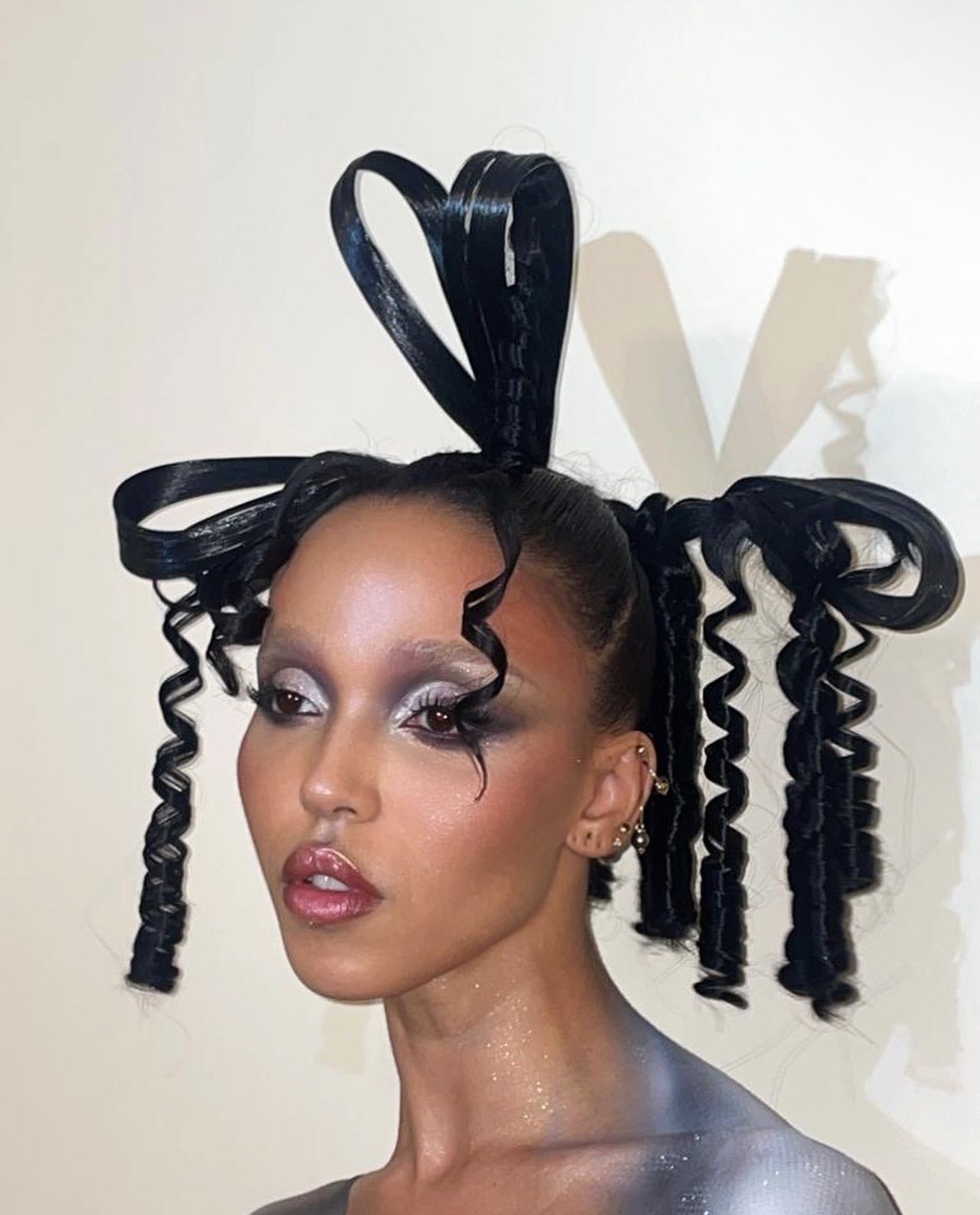
Picture courtesy of @FkaTwigs on Instagram
FKA twigs, an artist known for her genre-defying music, faced a similar struggle. Initially celebrated for her boundary-pushing sound, critics labeled her music as ‘genre-bending.’ However, once her identity as a mixed-race Black woman was revealed, her work was promptly categorized as alternative R&B.
She talked about this in an interview with The Guardian back in 2014, and said,
“When I first released music and no one knew what I looked like, I would read comments like, ‘I’ve never heard anything like this before. It’s not in a genre.’ And then my picture came out six months later now she’s an R&B singer. I share certain sonic threads with classical music; my song ‘Preface’ is like a hymn. So, let’s talk about that. If I was white and blonde and said I went to church all the time, you’d be talking about the ‘choral aspect.’ But you’re not talking about that because I’m a mixed-race girl from south London.”
This shift in classification reflects the industry’s inclination to fit Black artists into preconceived notions of what their music should be. Her music was so ‘genre-bending’ until her race was revealed and suddenly her genre could easily be defined since the only categories the music industry can recognize for Black people are rap, hip-hop, and R&B.
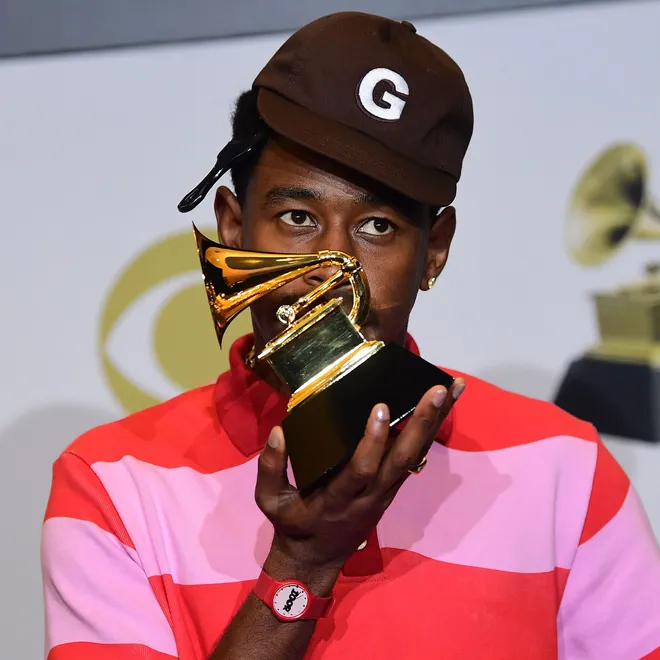
Picture courtesy of @feliciathegoat on Instagram
The Grammy Awards, a pinnacle of recognition in the music industry, also exemplify the genre constraints placed on Black musicians. Tyler, the Creator, expressed frustration when his album IGOR won the award for ‘Best Rap Album’ in 2020, despite his personal conviction that the album did not fit neatly into the rap category.
Before the album dropped, he even made an Instagram post telling his fans, “Don’t go into this expecting a rap album.” When he found out he had been nominated for Best Rap Album, he took to X (formerly Twitter), lamenting, “Uhhhhh, I guess.” After winning the award, Tyler, the Creator, stated that while he was grateful, he saw the categorizing of his album as a backhanded compliment. Backstage, he even got more candid, stating,
“It sucks that whenever we and I mean guys that look like me do anything that’s genre-bending or that’s anything, they always put it in a rap or urban category. I don’t like that ‘urban’ word it’s just a politically correct way to say the n-word to me.”
This incident shed light on the disconnect between Black artists’ self-perception and the industry’s labeling. After the backlash, and due to the Black Lives Matter movement, the Grammys opted to drop the ‘urban’ title in their categories, opting to rename the category ‘Best Urban Contemporary Album’ to ‘Best Progressive R&B Album.’ But that’s not the resolution they think it is.
Why are Black artists even delegated to these categories? Why can’t Black artists just be the genre their music is beyond their skin color?
The constriction of Black musicians to specific genres has broader implications for artistic freedom and innovation. When artists are confined to predefined categories, they may feel pressured to conform to established norms rather than exploring the full spectrum of their creativity. This limitation not only stifles individual expression but also hinders the evolution of music as an art form. It is crucial to recognize and challenge the genre constraints placed on Black musicians. By doing so, the industry can foster an environment that allows Black artists to explore and experiment without the burden of racial expectations.
Critics and audiences alike should strive to appreciate the diversity within Black musical expression, acknowledging that creativity knows no racial boundaries.

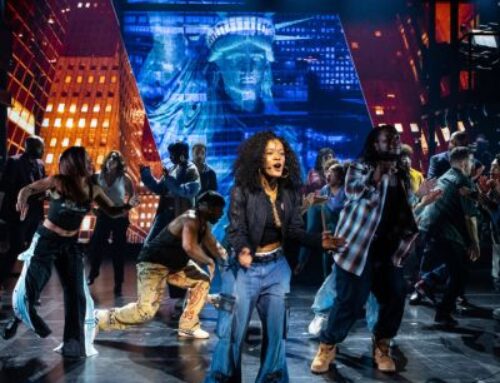

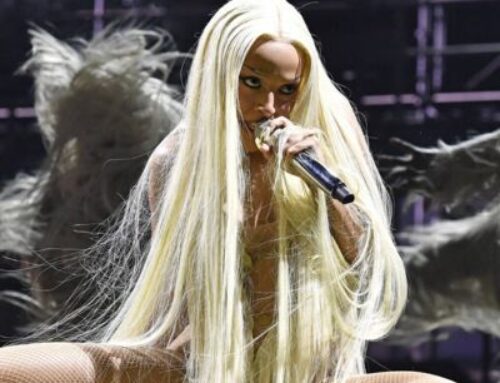

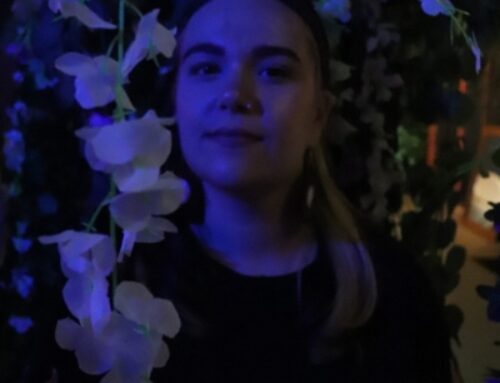
Great article. It’s unbelievable that anyone could call an album with Andre3000 playing the flute a rap album. This is the most clear and extreme example of black artists being pigeonholed.